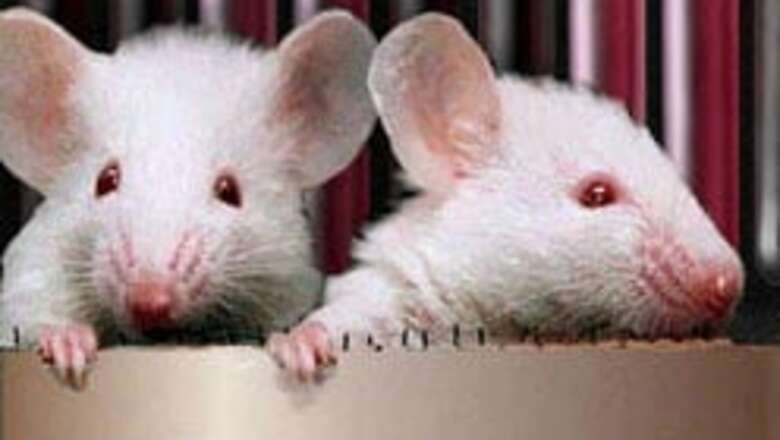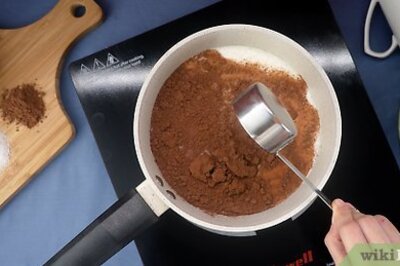
views
London: Jurassic Park may one day be more than a movie to be enjoyed on the big screen, for a team of scientists has discovered that sperm recovered from dead, frozen mice are still capable of producing healthy pups.
They are hoping that the same theory could be applied to ancient and extinct species.
Currently, researchers have to harvest sperm by dissecting dead animals and then isolating it from the epididymis where sperm is stored in the testes.
It is then purified and frozen in solution along with various chemicals that help to protect the cells' structure from being destroyed by the freezing procedure.
When needed, the samples are thawed out and injected into eggs for fertilization.
However, the procedure is lengthy process with freezing sometimes damaging valuable DNA cargo, meaning that success rates vary from less than 1 per cent to more than 30 per cent.
In the new research, a team of researchers led by Atsuo Ogura, a professor at the Institute of Physical and Chemical Research (RIKEN) Bioresource Center in Ibaraki, Japan, and his colleague Ryuzo Yanagimachi of the University of Hawaii School of Medicine, tried freezing intact testes and, in some cases, the entire mouse.
The scientists harvested sperm from mice that had been frozen at -20°C for 15 years.
They found that over 80 per cent of mouse eggs injected with this frozen sperm developed into two-celled embryos within a day, and when transferred into female mice, 21 per cent of the resulting offspring proved healthy, fertile pups.
Ogura now hopes that the method could be used to facilitate sperm collection from endangered species, as well as extinct species like the dinosaurs.
Though the chances of finding high-quality DNA from sperm frozen in permafrost for over 10,000 years is very slim, Ogura is still keen to evaluate the quality of the sperm in the mammoth carcasses recovered from permafrost to date.
"I may find that recreating mammoths is impossible. But I would be happy if animals that had been exterminated more recently could be restored," Nature magazine quoted him, as saying.




















Comments
0 comment